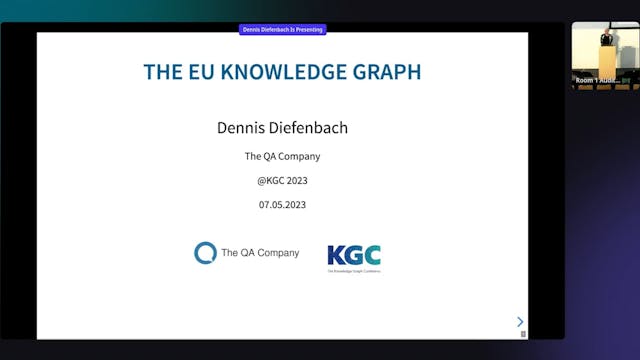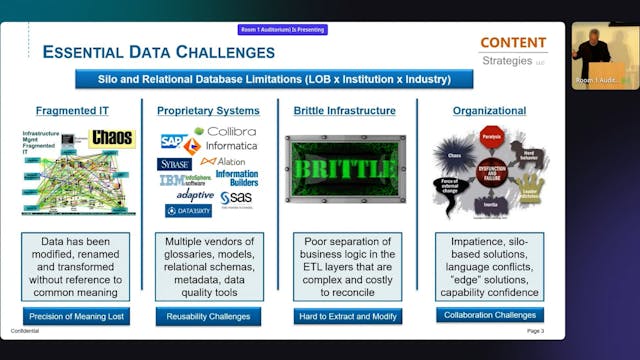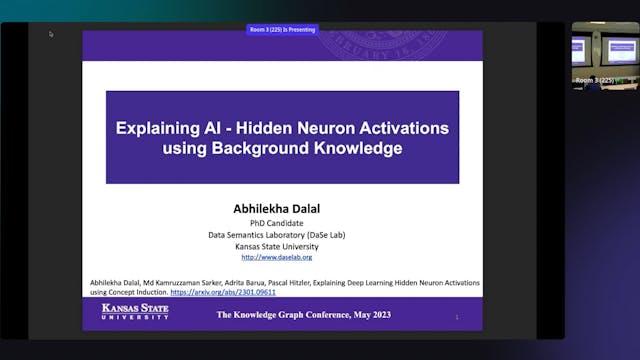MatKG: The largest Knowledge Graph in Material Science
May 11 | KGC 2023
•
23m
In the work, we present MatKG, the largest knowledge graph in the field of material science. It contains over 80,000 unique entities and over 5 million statements covering several topical fields such as inorganic oxides, functional materials, battery materials, metals and alloys, polymers, cements, high entropy alloys, biomaterials, and catalysts. The triples are generated autonomously through data driven natural language processing pipelines and extracted from a corpus of around 4 million published scientific articles. Several informational entities such as materials, properties, application areas, synthesis information, and characterization methods are integrated together with a hierarchical ontological schema, where the base relations are extracted through statistical correlations to which higher level ontologies are appended. We show that using a graph representation model we are able to perform link prediction allowing the correlation of materials with novel properties/application and vice versa.
Up Next in May 11 | KGC 2023
-
The EU knowledge Graph
The EU Knowledge Graph at the European Commission
The European Commission is maintaining a Knowledge Graph using Wikibase, the same software that is running behind Wikidata (one of the most successful public Knowledge Graphs). In this talk we describe:
- the content of the EU Knowledge Graph
... -
The Rationale for Semantic Data Manag...
This is a call for engagement on how we define and present the complete business rationale for data management using semantic standards. I will outline the results of my research to demystify knowledge graph and address the root cause of the ‘data dilemma.’ This call for information literacy at...
-
Explainable AI using Background Knowl...
One of the current key challenges in Explainable AI is in correctly interpreting activations of hidden neurons. It seems evident that accurate interpretations thereof would provide insights into the question what a deep learning system has internally detected as relevant on the input, thus liftin...



